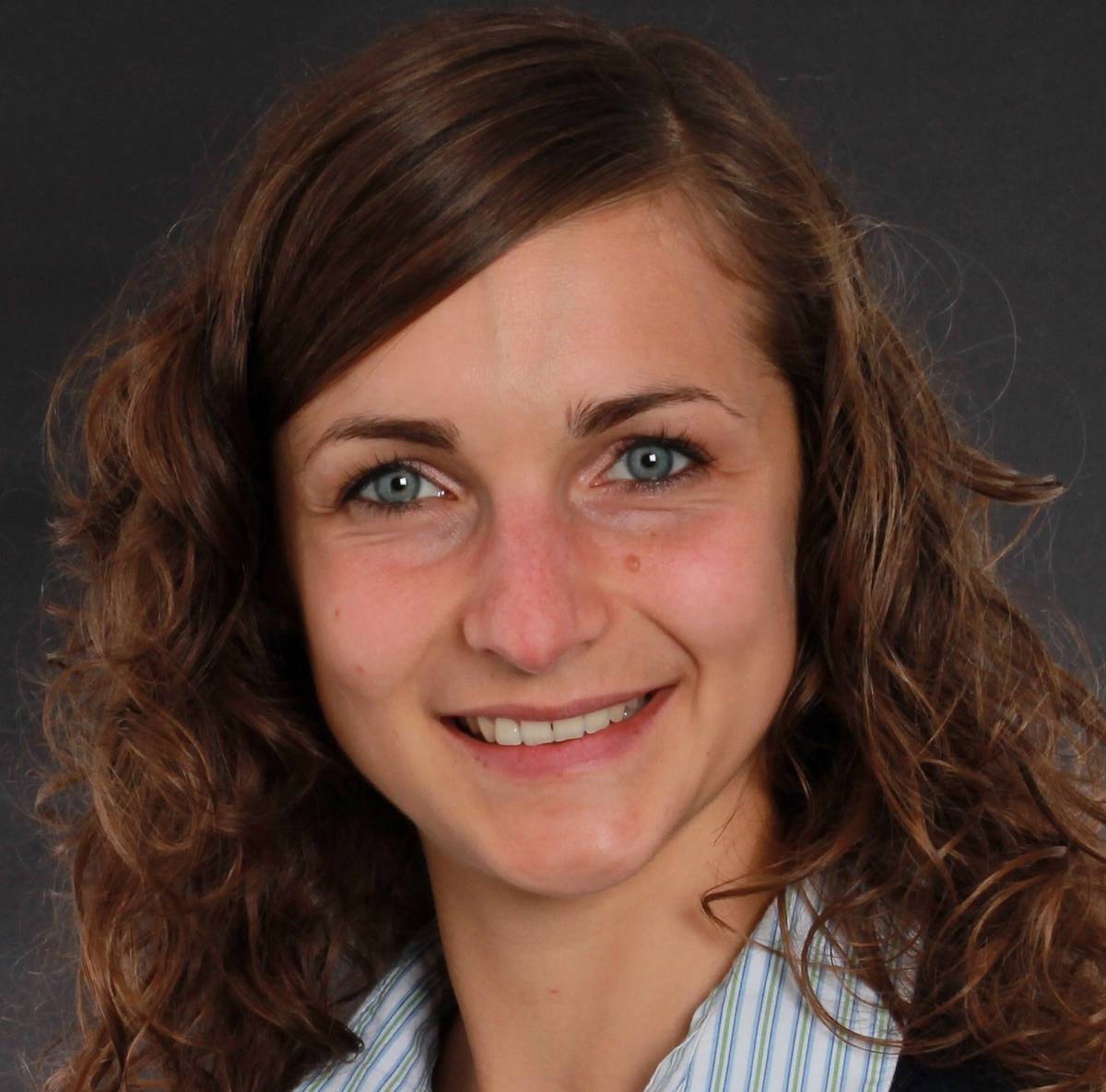
Education Systems and Political Inequality
Susanne Garritzmann, researcher at the Cluster, defended her dissertation entitled “Education Systems and Political Inequality – How Educational Institutions Shape Turnout Gaps” in February this year.
In her dissertation, Susanne analyses how education systems shape political inequality. Building upon and expanding literature from political behaviour and comparative (political) education research, she argues that some education systems provide better opportunities than others for the lower-educated to have strengthened in school a number of important political resources that in turn affect their turnout likelihood as adults. Thereby, she suggests, education systems shape turnout inequality in a comparative perspective.
Susanne empirically tests her argument drawing on a variety of cross-national data sources, and employing different research designs. The evidence consistently highlights that education systems shape political inequality: Turnout gaps are larger in countries with more stratified education systems. This finding is of high relevance for scholars in political behaviour and comparative politics, as well as for policy-makers and education practitioners.
